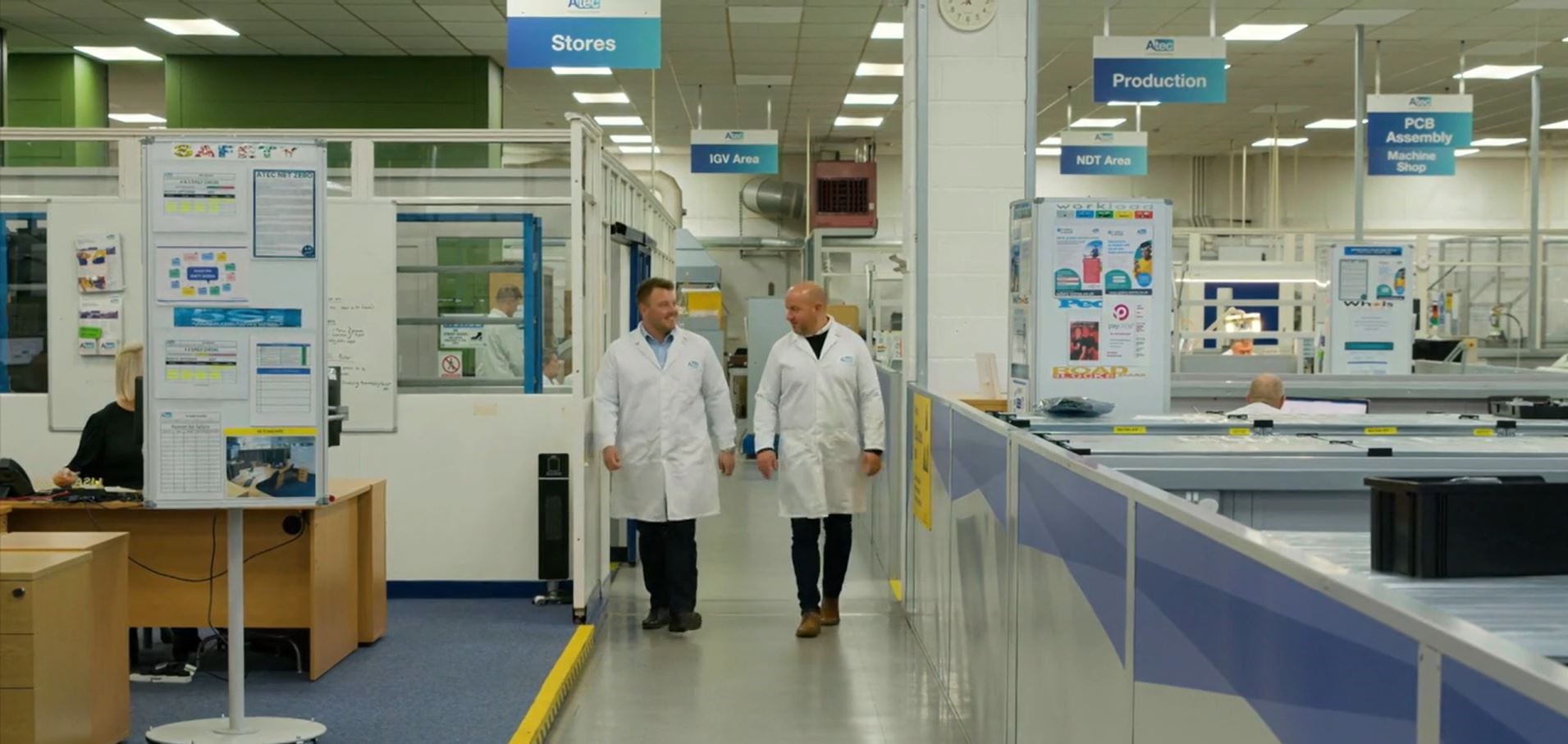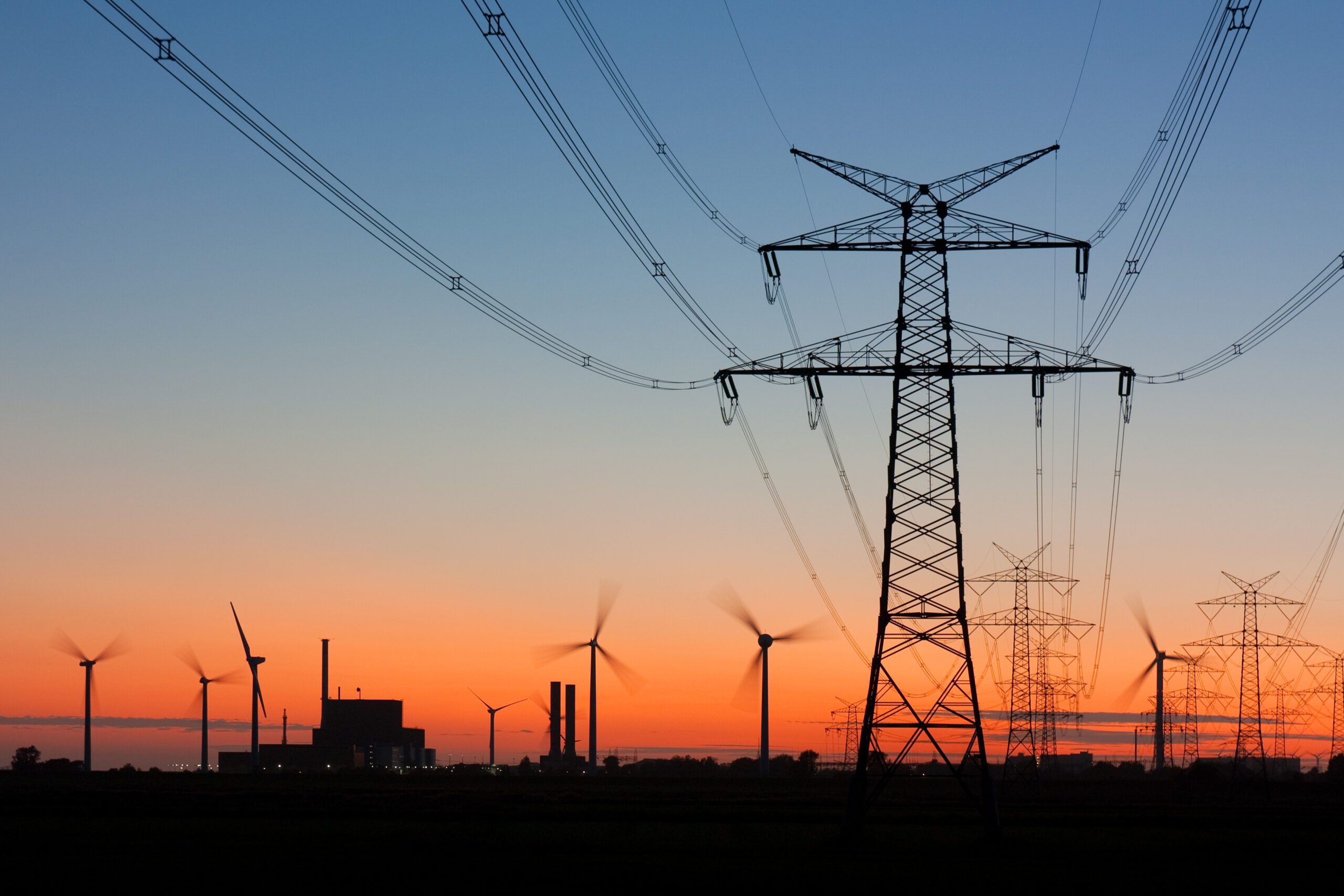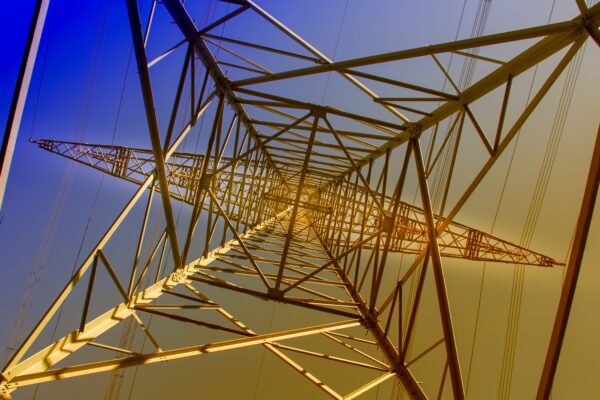
The impact of COVID-19 on SECR reporting
When it comes to the SECR deadline, it’s important for eligible businesses to consider and prepare for the ways in which Covid-19 could have impacted their compliance.
As many businesses continue to feel the effects of Covid-19, energy reporting may not always be high on the agenda right now. So when it comes to their latest Streamlined Energy and Carbon Reporting (SECR) deadline, it’s important for eligible businesses to consider and prepare for the ways in which Covid-19 could have impacted their compliance.
All large UK companies and large LLPs, along with all quoted companies, must report on their annual energy use, resulting greenhouse gas emissions, an intensity metric and any energy efficiency actions they have undertaken over the year within their SECR report. Their SECR report must be submitted every year alongside their Directors’ Report, which means that many businesses will be preparing to submit their second SECR report in 2021, following the scheme’s introduction in April 2019.
While SECR was designed to make the energy reporting process easier for businesses, in working with our SECR customers our experts have found that many are finding reporting more difficult this year due to challenges created by the coronavirus pandemic. We want to make SECR compliance simpler for businesses, so we’ve taken a look at the common challenges facing eligible organisations and how they can overcome them.
This year, as we continue to feel the impact of Covid-19, you may find that when it comes to SECR compliance:
It may be more difficult to collect the data you need
Data collation can be a challenge in normal circumstances, but with Covid-19 restrictions requiring many organisations to work remotely or furlough staff, lots of businesses are finding it more difficult to gather all of the information they need to comply with SECR this year. Energy managers have told us that they are struggling to get vital data because the person that typically holds that data is on furlough, for example, or they’re just not as easy to reach because they are working remotely. If you aren’t allowed to go on-site, and you still rely on manual meter readings to understand how much energy you’re using, you might also find that gathering data is a challenge.
Your report may look very different to previous years (and future years)
Very few businesses have experienced no disruption at all in the past year, which means if your SECR report looks very different this year to your previous report(s), you’re not alone. If your staff have been working remotely, for instance, then your on-site energy usage is likely to be much lower, and if you’re reporting on your Scope 3 emissions then the commuting element will be lower too. This may mean that your organisation’s carbon impact may look very low in the SECR report covering this time period, but once we return to greater normality, it’s likely that your emissions will also return to typical levels for your business. So you can probably expect to be reporting higher emissions in your next SECR report, but don’t panic if you do. 2020 is likely to be an anomalous year for many SECR participants, and you should be able to help your stakeholders to see the wider picture by providing greater context (in terms of data and narrative) in your next SECR report than you might usually include.
The number of energy efficiency measures you’ve managed to put in place may also be much lower or higher than usual this year, too. While many organisations may have struggled to get on-site to implement measures, others have told us that they have seized the opportunity of having fewer workers on-site to implement some of the larger measures that would have required them to stop operations in previous years.
It might be harder to get board buy-in
If Covid-19 created new financial challenges for your organisation, you may find that it’s more difficult to get buy-in for energy efficiency improvements from your senior management team this year. As an energy professional, you know how important it is to implement plenty of improvements throughout the year so that you have plenty to include in your SECR reports, so it’s crucial that you build really robust business cases for the improvements you want to make before you present them to the board. If budget is an issue, then make sure you focus on how energy efficiency can save your business money by helping you to use less energy, including figures where possible to convince finance-focused C-suite executives.
Overcome Covid-19 compliance challenges
Compliance might be more complex this year, but by following these top tips you should find it much easier:
- Start preparing your report early
Give yourself plenty of time to gather the data you need – more than you have in previous years, because this year, data collation is likely to be more complex.
- Look for energy efficiency funding
As the Government strives to make a green recovery from Covid-19, we hope to see more funding available for businesses to make energy efficiency improvements. There are already some funding opportunities available – you can claim up to 130% tax relief on new ‘plant and machinery’ (which includes tech such as solar panels) under the super deduction allowance, for example.
- Seek expert support
Having external support from energy experts can take the hassle out of achieving SECR compliance. Our SECR specialists can support you with every aspect of the compliance process, from chasing suppliers for energy usage data to backing you up in the boardroom when you’re trying to gain buy-in for your energy efficiency improvements.
We can handle the entire process for you, from start to finish, so that you can concentrate on your core business operations. If you’d like to find out more about how we can support you, head to our SECR services page or call us on 01772 689 250.










